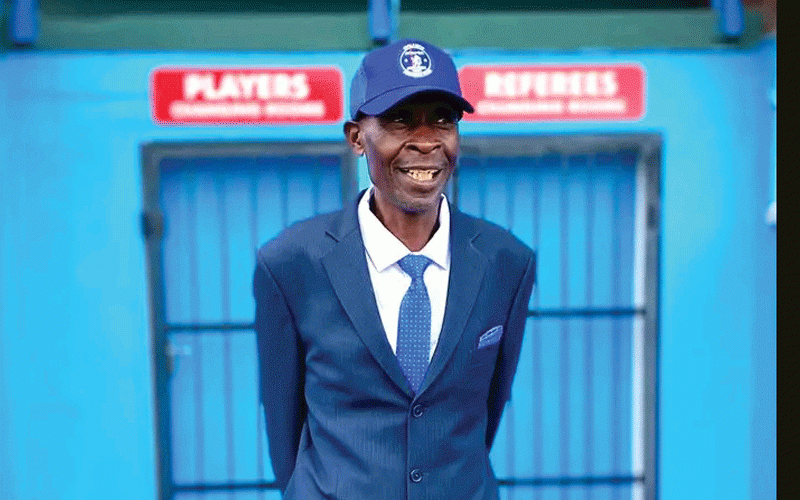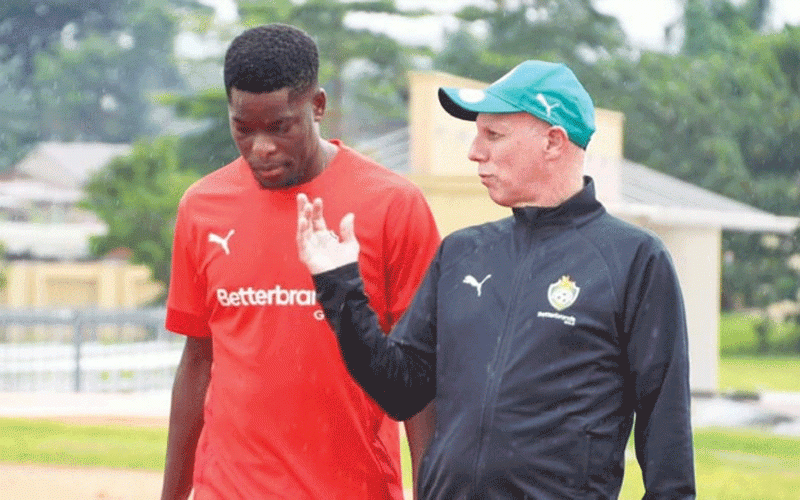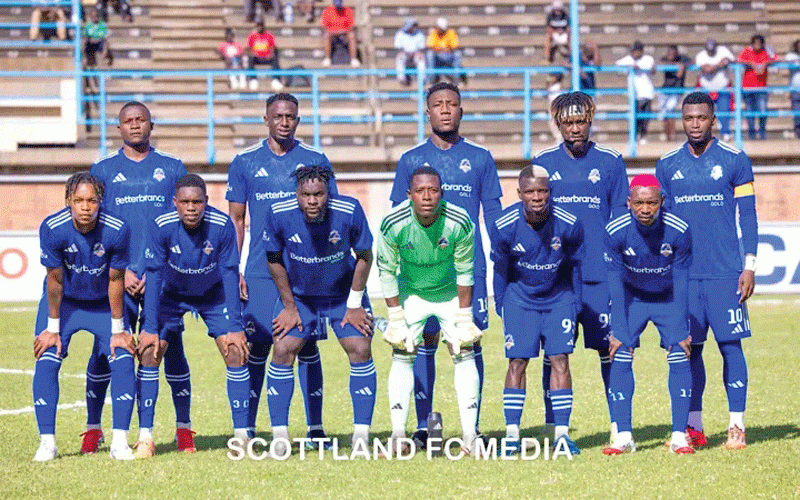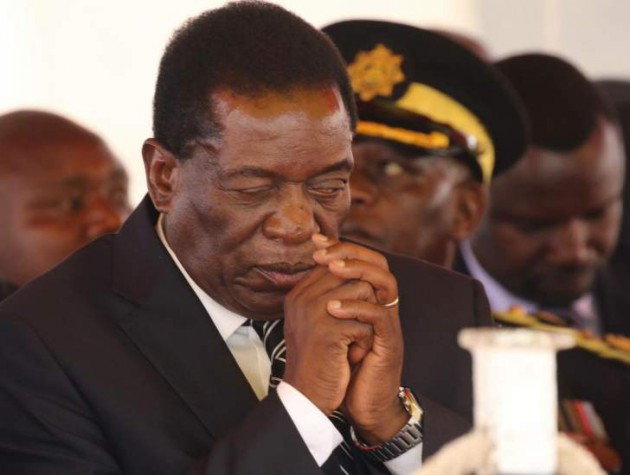
Despite his modest five Tests for Zimbabwe before a foiled bid to turn out for the Springboks of South Africa, “The King of Bloemfontein” remains iconic in the region owing to his exploits with the oval-shaped ball.
Now, after 13 years in the gruelling trenches of professional rugby that saw him losing two of his front teeth in 2000, Tsimba last year bade farewell to the sport that gave him fame and a testimonial match for him is on the cards in August.
Having reached the twilight stage of his largely successful career, the first black to captain Zimbabwe has now decided to excite his fans from another front, this time with the microphone.
Not only has Tsimba turned to music, but is also a pageant judge and is currently working on an upcoming TV show to be called Try-line-E-TV.
Tsimba, who is uncle to Zimbabwe rugby woman chairperson Aisha Tsimba, is no stranger to the music industry after featuring in Phuzekhemisi’s 2007 Rugby World Cup song Sesihlangene. Now he has come up with his own album, Stories of the N1.
The album, to be released any time this year, reveals how nostalgic Tsimba still is about Zimbabwe and he called his productions Ziminfluence.
“My music genre is African pop with a unique blend of southern African tones, stretching over South Africa, Mozambique and Zimbabwe with the influence of Oliver Mtukudzi and FreshlyGround clearly evident. “Some of the tracks to look forward to include Mafuta Jams, Mpumalanga and Africa is My Home,” he said.
- Chamisa under fire over US$120K donation
- Mavhunga puts DeMbare into Chibuku quarterfinals
- Pension funds bet on Cabora Bassa oilfields
- Councils defy govt fire tender directive
Keep Reading
He is also working on a documentary The Bok that Got Away which is a compilation of his inspirational rugby journey.
Tsimba became the first black to captain the Sables in 1998 and was two years later voted as the Vodacom Player of the Year as well as the Free State Sportsman of the Year.
In 2002, Tsimba was to walk to the podium again to receive the Currie Cup Player of the Year as well as the Top Points Scorer Award in the Currie Cup. He still holds the record of being the fastest player to reach
1 000 points in first-class rugby and in 2008, he was again voted as the Currie Cup Player of the Year.Even the diehard Afrikaners, some still caught in the racial time warp, could not help but marvel at his exploits during his days at the Free State Cheetahs, hence the nickname “The King of Bloemfontein.”But what made him turn to music after such a prosperous rugby career? Is he trying to make some cash after failing to make it in the field of play?
“I have always wanted to be a musician. I enjoy playing a number of instruments such as the silver flute, percussions and acoustic guitar,” he said.
Kennedy Tsimba’s first appearance in Sables squad colours
The King of Bloemfontein, who made his debut appearance in Sables colours in 1998 against Ivory Coast, added that plans are also underway to establish the Richard and Kennedy Tsimba Rugby Foundation in Zimbabwe.
“Dominus Sport are at the exploratory stage of organising mine and Richard’s official testimonial match for the Richard (late) and Kennedy Tsimba Rugby Foundation.
“The match, billed for August in Zimbabwe, would feature a Black Diamond team to field players that I played with through the years like Springboks Gurtho Steenkamp, Tonderai Chavhanga, Ricky January and Carlos Spencer. This team will play either the Sharks, Emerging Springboks or the Blue Bulls,” he said.
Besides his coaching job at Impala Sports, which he took up at the beginning of the year, Tsimba has also been working with a non-governmental organisation called Rugby Without Borders that touches on the lives of the less fortunate.
Tsimba, who hails from a strong rugby playing family that includes Richard Tsimba, the “Black Diamond” of African rugby (may his soul rest in peace), started playing rugby at the age of 10 at Ruzawi Primary School before moving to Eaglesvale High School in Harare.
Prince Edward High School, the country’s rugby conveyor belt, was to be his next port of call before leaving for the United Kingdom.
His first professional break came in 1998 when he signed for British side Bath where he stayed for a year and returned briefly to Zimbabwe in 1999 before embarking on a journey down South that was to see him scaling to dizzy heights.
He signed for Free State Cheetahs in 1999 and stayed there until 2005 when he surprisingly dumbed the club to join the Blue Bulls.
Between 2008 and 2010, Tsimba returned to his adopted “home”, the Free State where he played in the Currie Cup for Griffons Rugby Club and Super 14 for Cheetahs.
Such is Kennedy Tsimba. Will he succeed in his new musical journey? What a career move for someone with missing front teeth!










